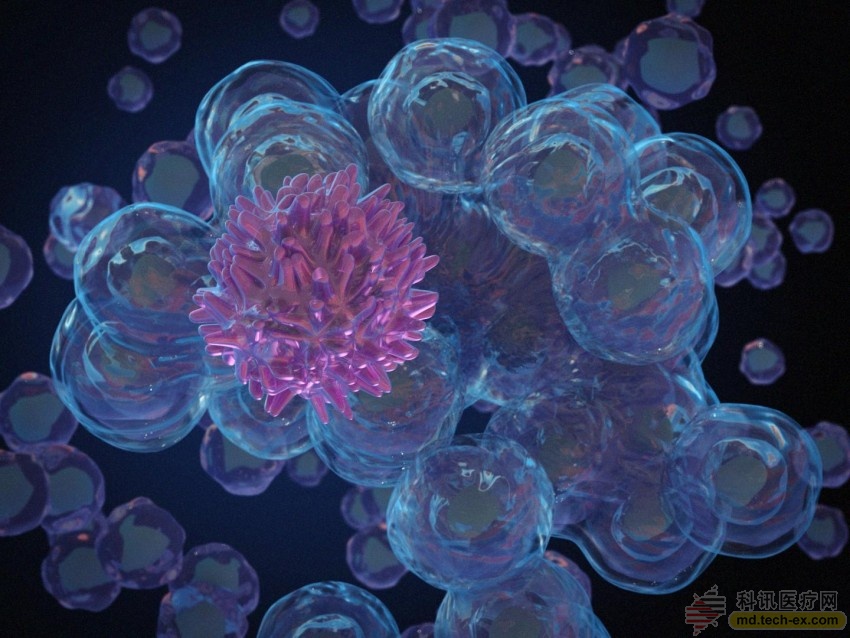Release date: 2017-08-18 Source:sciencedaily Temporary Flood Boxwalls,Temporary Flood Barrier,Quick Flood Barrier,Flood Barrier Door Denilco Environmental technology(Suzhou)Co., Ltd. , https://www.wflood.com
Being able to predict the drug resistance or sensitivity of tumor cells is a key success factor for the precise treatment of cancer. However, such predictions are difficult to achieve because the genetic changes in tumors change over time and are often interdependent, a pattern of lack of understanding.
A recent study by the Institute of Bioinformatics at the University of Lausanne in Switzerland provides a promising framework for predicting cancer resistance, predicting about 500 known tumor changes and their use for more than 200 common cancer drugs. reaction. Studies published in Cancer Celles show that while some of the synergies of genetic modification can make tumor cells resistant to specific drugs, they can also make them sensitive to other unexpected drugs.
Cancer is a constantly changing disease that evolves through the emergence and selection of new genetic changes. In order to match a particular drug to this change and predict their response, it is necessary to understand how the changes are interdependent and co-occur in the tumor.
The researchers said: "If you think of genetic modification as a food, cancer cells are not a bunch of products trapped in the refrigerator, but a well-designed dinner menu. In these menus, the combination and taste of the dishes are matched. of."
In this study, researchers were able to study how tumor changes are interdependent and how these dependencies determine the evolution of cancer. They provided a correlation map of 500 known tumor changes and a strong theoretical framework to predict the co-occurrence of this change and their expected response to more than 200 common cancer drugs.
The team found that certain reliance on genomic alterations may make tumor cells resistant to specific drugs, and at the same time "Achilles' heel", making them allergic to other unexpected drugs. For example, by analyzing data from 1000 cell lines, the team can predict that when a mutation in a gene and a mutation in RNF43 occurs, the cell becomes sensitive to vx-680, a drug that inhibits cell proliferation of Aurora kinase.
Therefore, the authors propose a new way of thinking about the evolution of cancer: “The genetic changes associated with disease are not randomly selected, but based solely on their single effect, but combined with evolution to maximize their synergy.†To prove their findings, the team used the most comprehensive molecular dataset from the cancer genome map, including 6,456 human tumor samples from 23 tumor types. This oncogene-dependent map is a key first step in improving the design of personalized treatments and can serve as a reference for functional and preclinical studies.
Scientists have mastered the "evolutionary history" of cancer, and it is no longer a problem to overcome cancer.